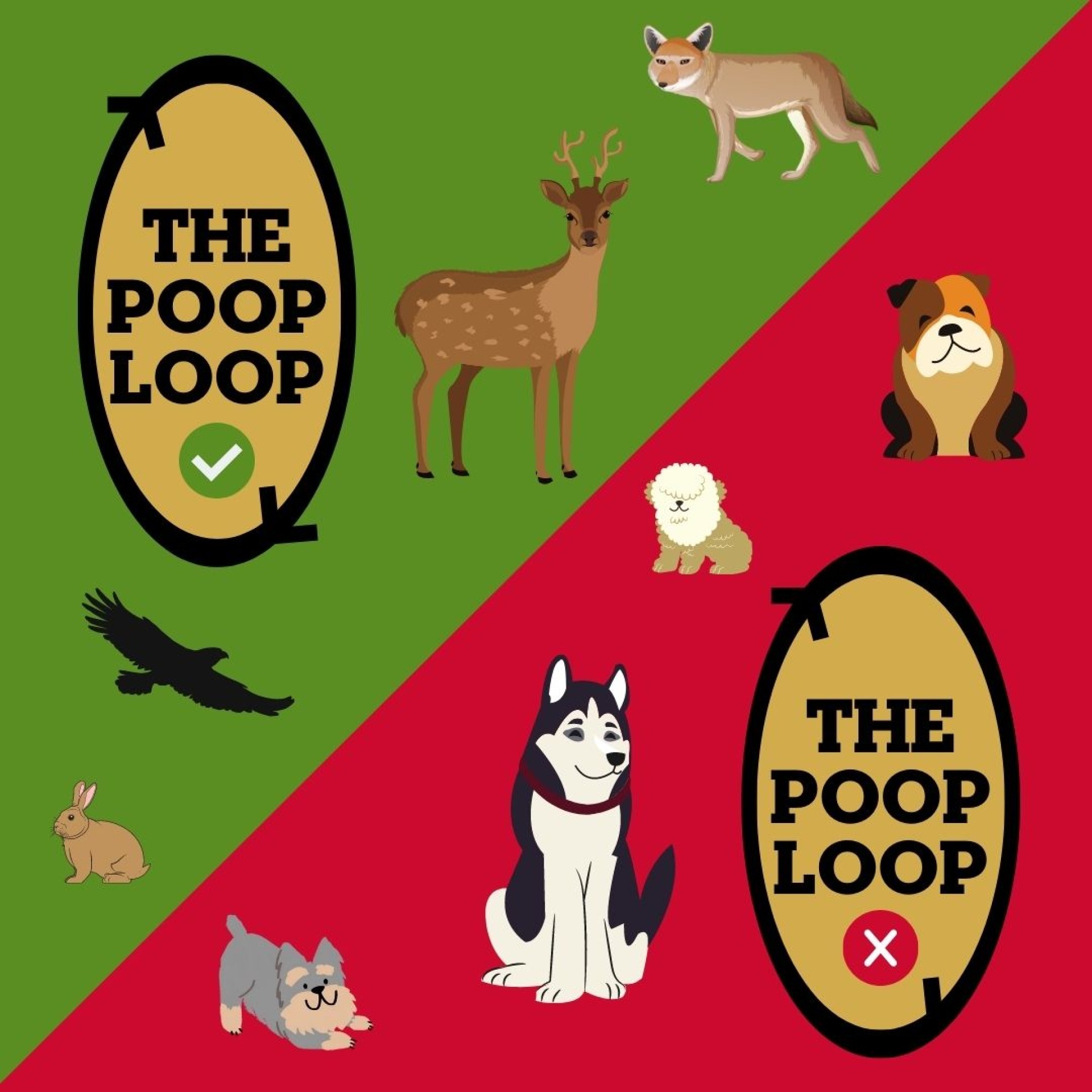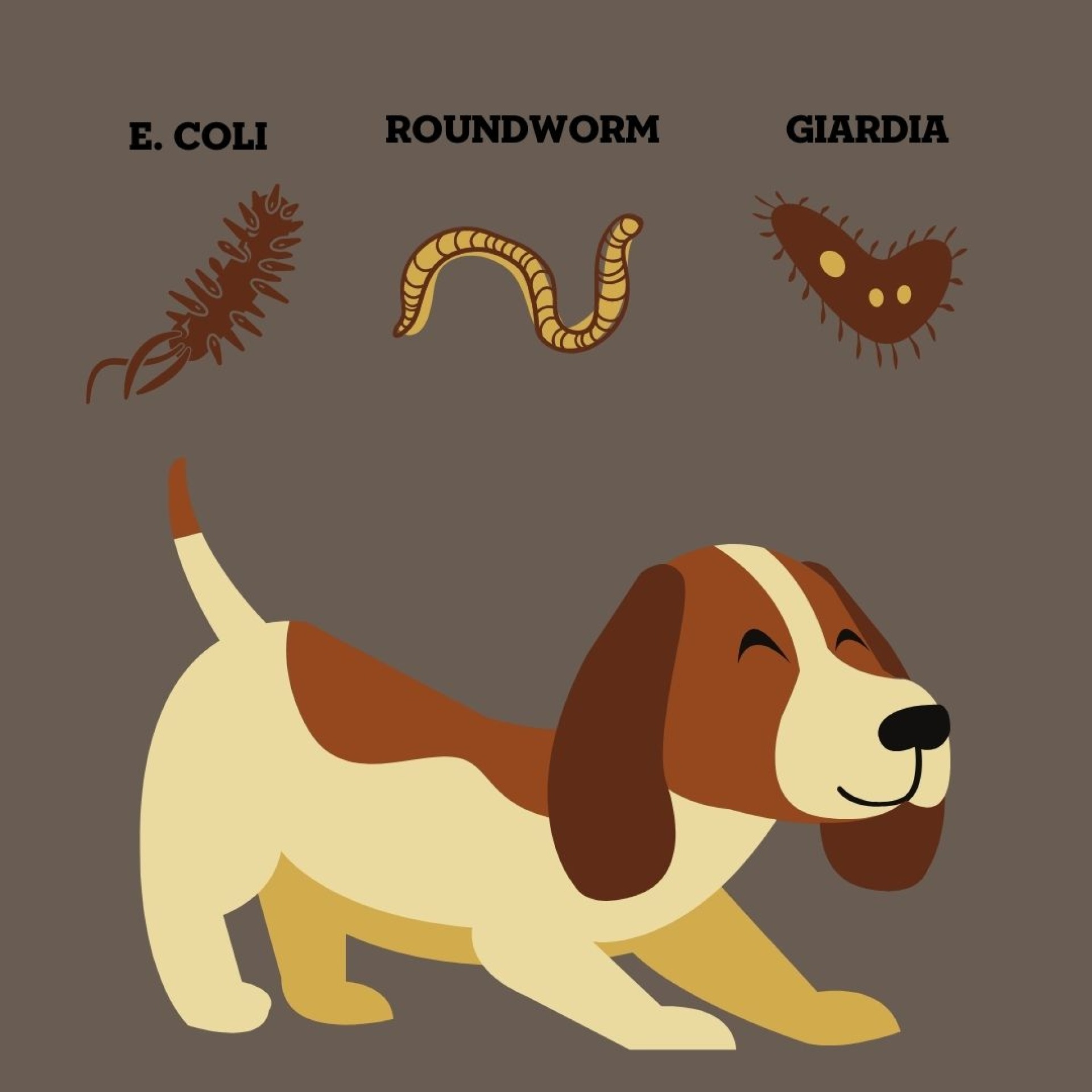These popular topics are heating up. Explore today's most viewed pages.
It may seem like a pup's "nature" poop fertilizes the soil and helps the environment, but it actually carries bacteria, nutrients and parasites that are harmful to natural areas' ecosystems and water supply.

While a deer may poop in the woods, it also forages for food here. This creates an important loop where deer return resources and nutrients that other living things in the park rely on.
A dog, however, most likely consumes processed, non-native food that returns high levels of nitrogen and phosphorus and can kill native plants, wildlife, and pollute bodies of water.
Plus: Canine fecal matter contains these organisms (E. Coli, Roundworm, and Giardia), which can survive in soil for up to 3 years and make humans and other animals sick, too.

Put extra bags in your car and hiking pack, or attach a roll to your pet's leash.
Be prepared to carry it with you! County parks and habitat areas do not have trash cans along trail routes—only in parking areas, around facilities, and sometimes at trailheads.
Don't forget to regularly pick up poop in your yard, especially if you garden or have children who play in the grass.